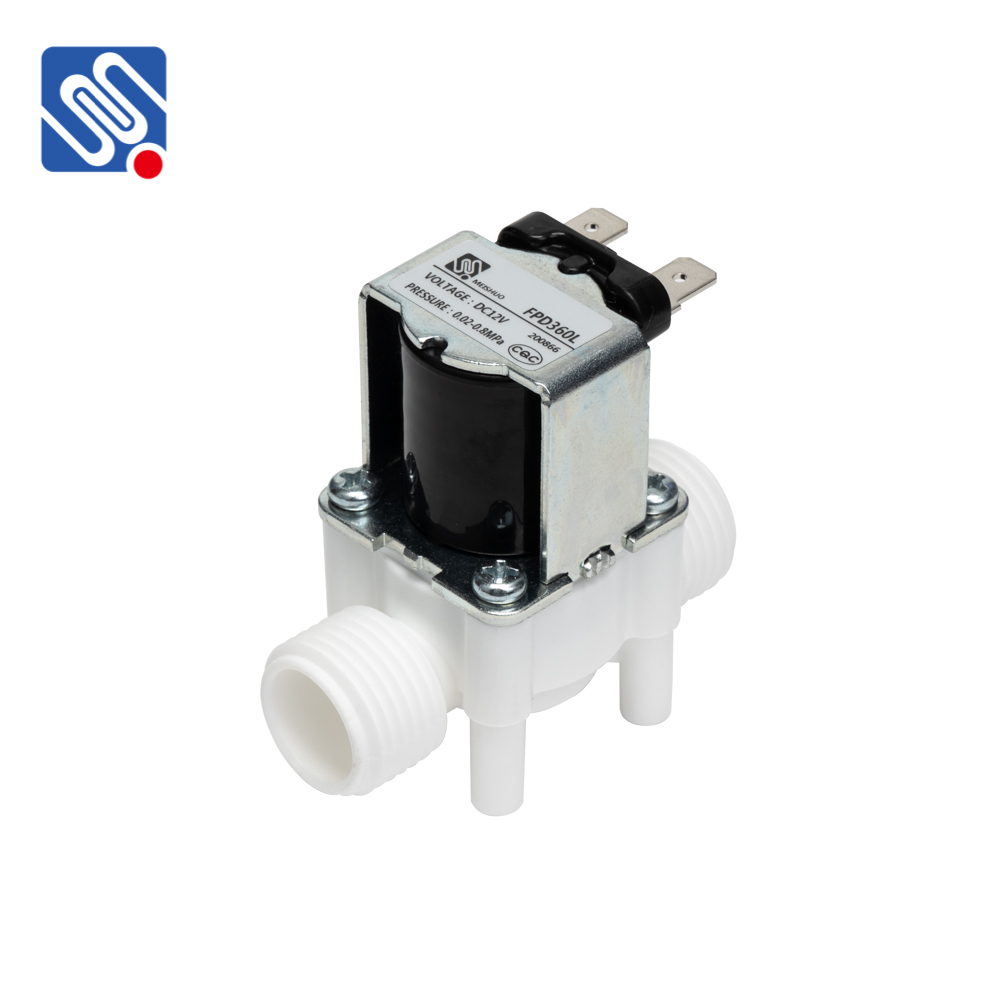AC Solenoid Valves are essential components in various industrial and automation systems, enabling precise control over fluid and gas flow. These valves, powered by alternating current (AC), are widely utilized across multiple industries, including HVAC systems, water treatment, irrigation, and manufacturing. Their ability to automate processes and control the flow of substances makes them indispensable in modern engineering.

What is an AC Solenoid Valve? An AC solenoid valve is an electromechanical device that uses an electromagnetic solenoid to control the opening and closing of a valve. The solenoid, typically a coil of wire, generates a magnetic field when alternating current (AC) is passed through it. This magnetic field either opens or closes the valve by moving a plunger or diaphragm, allowing fluid or gas to flow through the valve or stopping its passage altogether. These valves are primarily designed to operate in on/off modes, making them ideal for applications that require quick and reliable control of fluid flow.